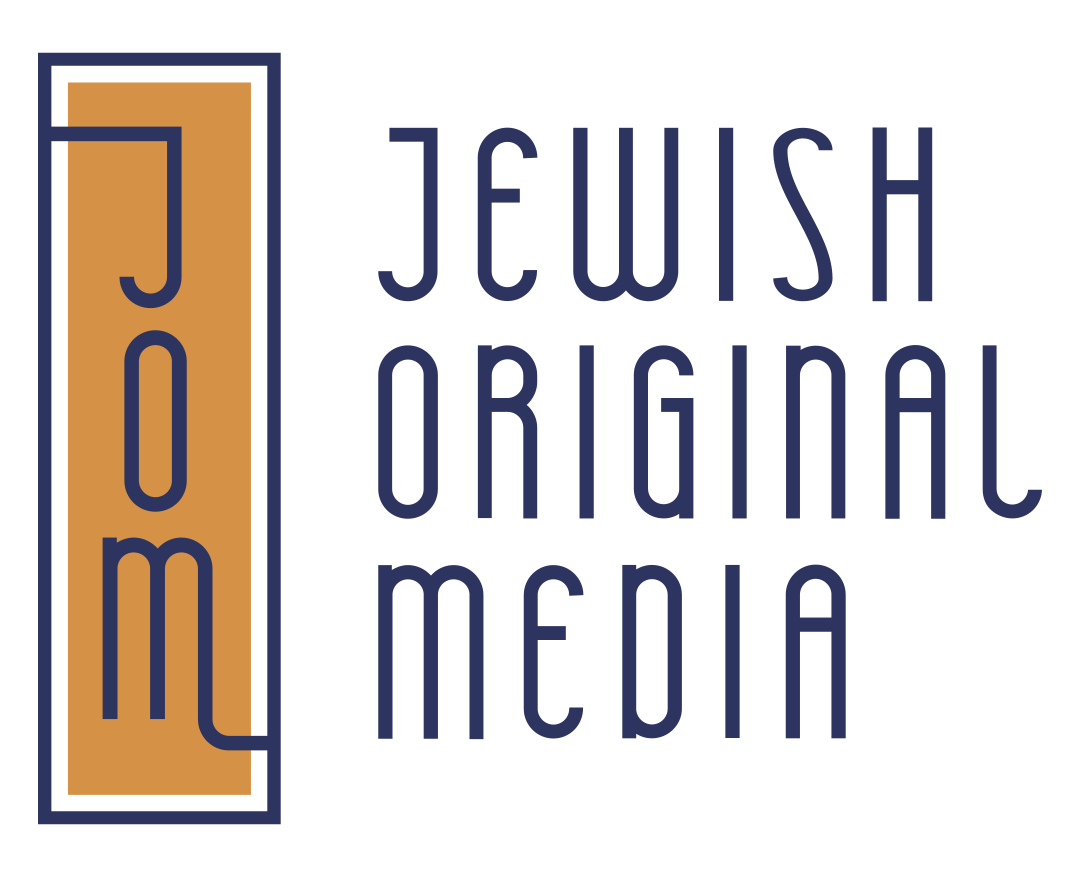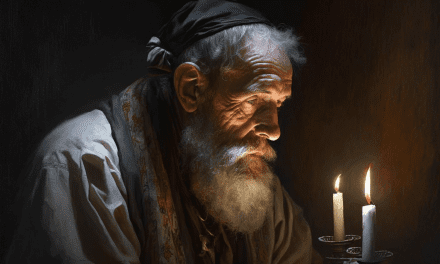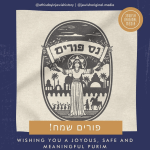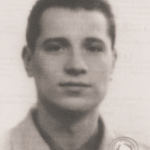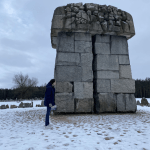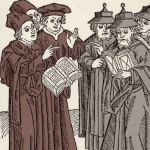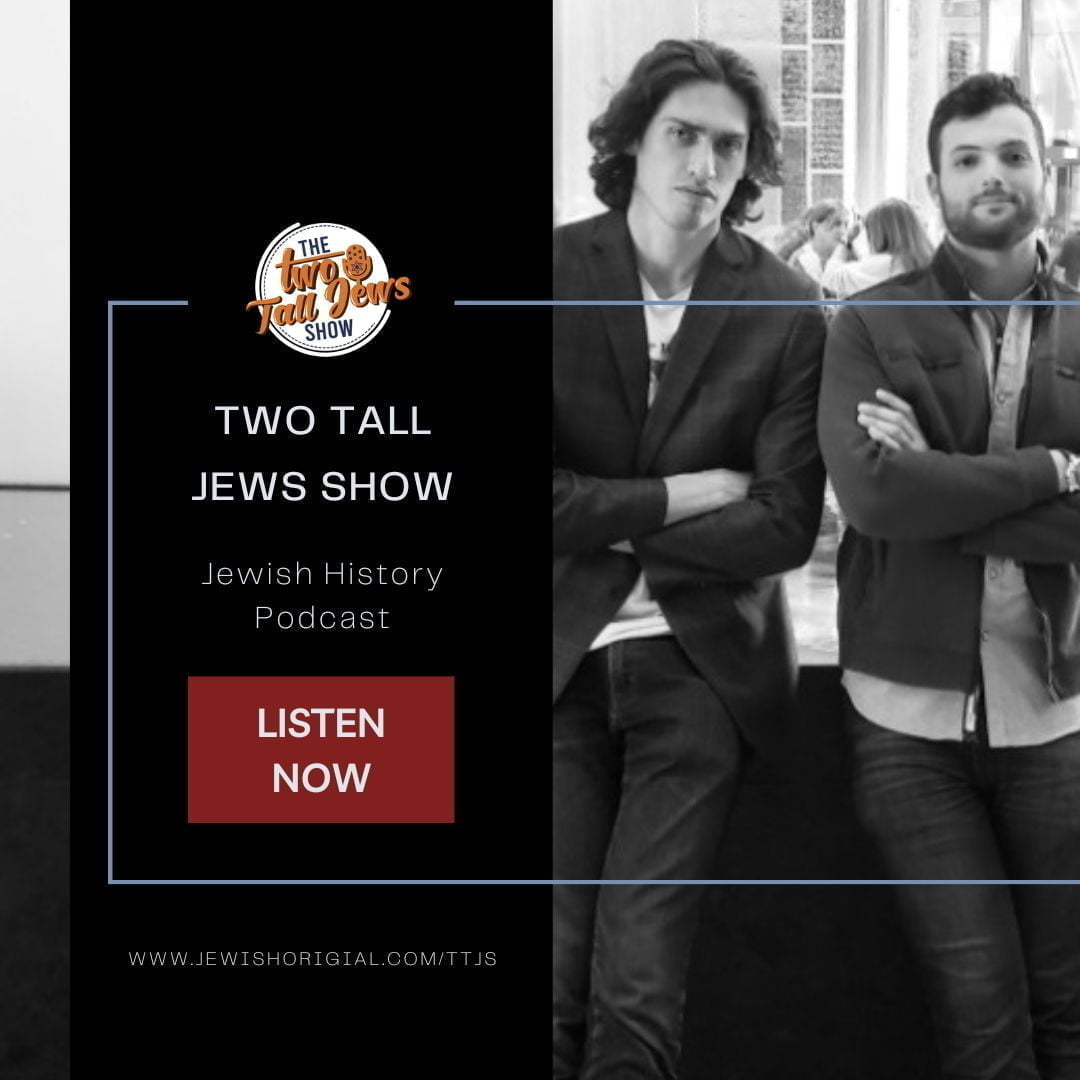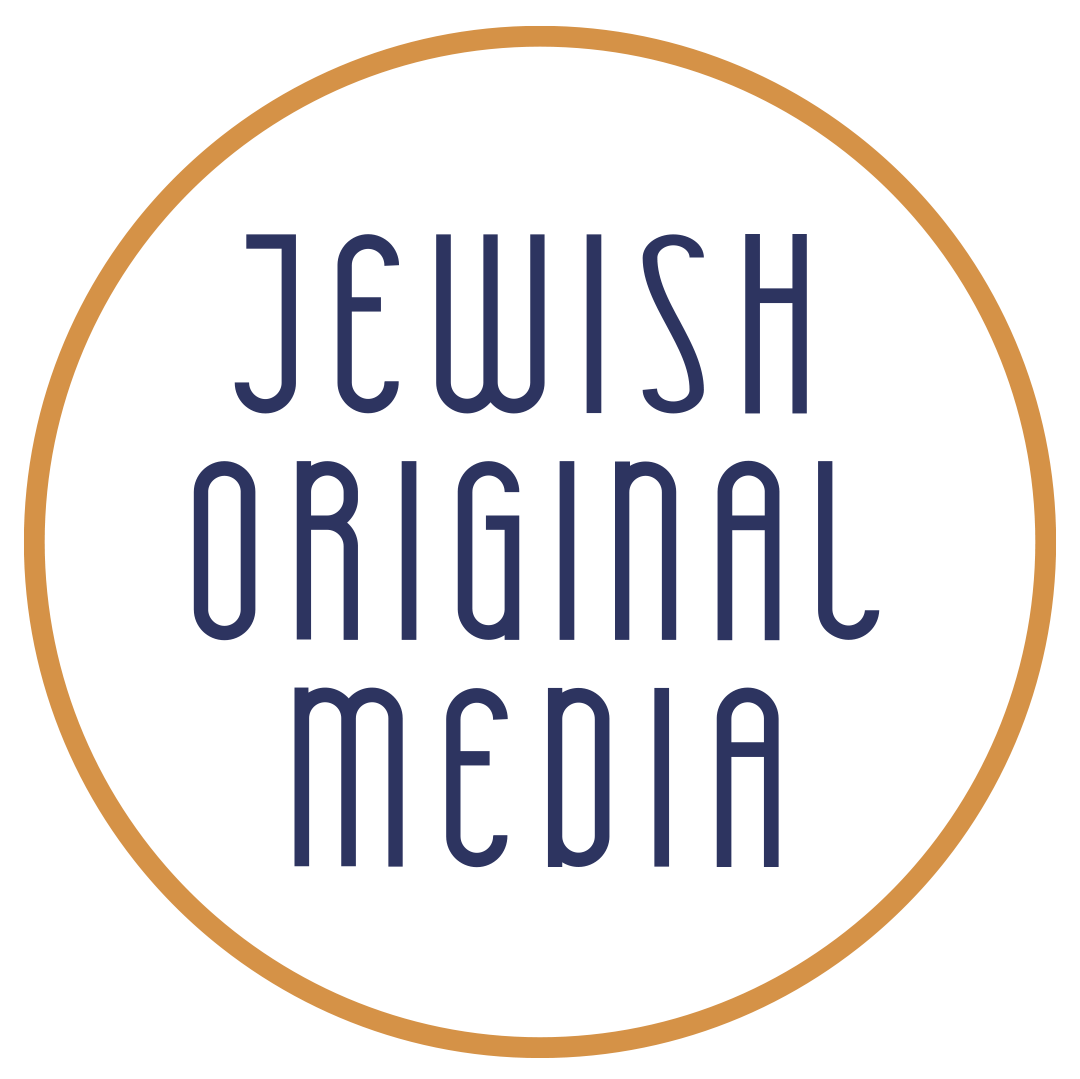#OTDJH: January 7, 1858
https://www.instagram.com/onthisdayinjewishistory/
Eliezer Ben-Yehuda (born Eliezer Yitzhak Perelman) was born in Luzhky, Lithuania on January 7, 1858. Ben-Yehuda grew up learning Hebrew through his religious upbringing, excelling in his studies. In the hopes of becoming a Rabbi, Ben-Yehuda attended a yeshiva, however, he soon became more interested in the secular world and ended up attending a Russian gymnasium instead of a yeshiva.
Ben-Yehuda became more influenced by national fulfillment, having seen the Bulgarian’s gain independence and restoration of their rights. If the Bulgarian’s, who were not an ancient group of people, could gain independence and statehood, then so too should the Jews. Although Hebrew was only a written language at that time and used primarily for religious texts, Ben-Yehuda was not dismayed.
Ben-Yehuda left Russia in 1878 for Paris, where he studied medicine in order to help the Jewish community in Ottoman-occupied Palestine (Land of Israel). He made sure to only speak Hebrew with every Jew he met, in order to prove that his dream could be possible. However, because of his tuberculosis, Ben-Yehuda was unable to finish his studies and continued on his way to the Land of Israel, where he arrived in 1881 with the hopes of reviving the Hebrew language. During this period, Ben-Yehuda published several articles that brought up questions of the Hebrew language, settlement policies and the culture of the national homeland.
Settling in Jerusalem, Ben-Yehuda adopted several plans of action. The main ones included “Hebrew in the Home,” “Hebrew in the School,” and “Words, Words, Words.” While it was easy for Ben-Yehuda to speak in Hebrew, there was a shortage of words on certain topics. When his son, Ben-Zion, was born in 1882, Ben-Yehuda and his wife raised him as the first all-Hebrew speaking child in modern history, proving that the revival of the language as possible. That being said, Ben-Yehuda ensured that his son did not hear any foreign languages, including from animals. This led to Ben-Zion’s first words being spoken at age 4.
The need for new Hebrew words to describe everyday objects such as dolls, ice cream and towels were coined by Ben-Yehuda, who continued to grow the language. Ben-Yehuda believed that rabbis and teachers in the Land of Israel should use Hebrew as the sole language of instruction in schools. In 1882, Ben-Yehuda began teaching Hebrew through Hebrew to school children. This technique was a direct system that did not include translation from other languages. After a few months, the children were speaking Hebrew fluently, becoming yet another clear example that Hebrew could be the spoken tongue in Palestine (Land of Israel).
In 1884, Ben-Yehuda began publishing his own newspaper, Hatzvi, to teach adults the instruments of Hebrew. Alongside this, he also began to compile a dictionary, producing the 17-volume “A Complete Dictionary of Ancient and Modern Hebrew.” Six years later, in 1890, Ben-Yehuda founded the Hebrew Language Council, a forerunner to today’s Hebrew Language Academy.
Ben-Yehuda died on December 16, 1922 at 64 years old. He will forever be remembered for his revival of the Hebrew language,
https://www.jewishvirtuallibrary.org/eliezer-ben-yehuda-and-the-revival-of-hebrew
